Please note: As we continue to learn more about COVID-19, the information in this article may change. You can find our most up-to-date information about coronavirus here.
While it has been established that having diabetes (especially Type 2 diabetes with complications and/or Type 1 or Type 2 diabetes with hemoglobin A1c levels greater than 10%) can increase a person’s risk of severe COVID-19, the reverse may be true as well – some people may develop diabetes for the first time as a result of being infected with the coronavirus.
Diabetes develops when the body can’t regulate glucose (sugar) levels in the blood. This can either result from the body’s own immune system attacking the cells that produce insulin (Type 1 diabetes) or from the body becoming insensitive or resistant to insulin (Type 2 diabetes). Insulin is the hormone that helps sugar enter cells in the body where it is used for energy. Without enough insulin, glucose builds up in the bloodstream and can cause both acute and chronic complications to the body.
Doctors have known for many years that certain viruses, such as the flu or coxsackie b, can trigger Type 1 diabetes in people who are genetically predisposed to developing diabetes. When these people get infected with a virus, the virus triggers an immune response that causes the body to develop antibodies against insulin-producing cells in the pancreas. It can take a while for the body to develop the antibodies that attack the insulin-producing cells, so diabetes may not be immediately apparent.
Although researchers are not absolutely positive that the coronavirus can trigger Type 1 diabetes, it is important to watch your child and know their normal behavior so you can tell if they’re acting differently.
Diabetes warning signs
Early warning signs of diabetes include:
- The need to pee a lot. If your child keeps interrupting his or her play to urinate, that could be a red flag. Younger children experiencing new-onset diabetes who were previously potty trained may also suddenly start having accidents.
- Drinking lots of liquids. Because they’re peeing a lot, kids can become very thirsty and drink a lot in attempt to rehydrate.
- Extreme hunger and weight loss. Kids with type 1 diabetes may have an increased appetite, but they often lose weight because their bodies break down muscle and fat to provide fuel for their cells. This may be hard to notice because Type 1 diabetes develops gradually as the body’s insulin production decreases and it may appear that they are just getting taller rather than losing weight.
- Fatigue and irritability. This happens because the body can’t use glucose to produce energy properly.
Treating diabetes
If your child has been diagnosed with diabetes, you’ll be involved in diabetes care on a day-to-day basis, from giving insulin injections and counting carbohydrates to watching for and treating hypoglycemia (low blood sugar). You’ll also need to stay in close contact with your child’s health care team; they will help you understand the treatment plan and how to help your child stay healthy.
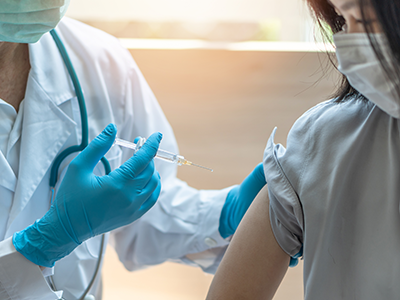 https://riseandshine.childrensnational.org/wp-content/uploads/2020/11/person-being-vaccinated-feature.png
300
400
Rise and Shine
https://riseandshine.childrensnational.org/wp-content/uploads/2017/11/childrens_riseandshine_logo.jpg
Rise and Shine2025-05-15 07:00:242025-05-23 10:39:33Answers to your questions about the COVID-19 vaccine and booster for children
https://riseandshine.childrensnational.org/wp-content/uploads/2020/11/person-being-vaccinated-feature.png
300
400
Rise and Shine
https://riseandshine.childrensnational.org/wp-content/uploads/2017/11/childrens_riseandshine_logo.jpg
Rise and Shine2025-05-15 07:00:242025-05-23 10:39:33Answers to your questions about the COVID-19 vaccine and booster for children



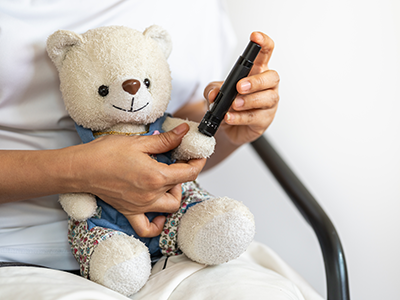
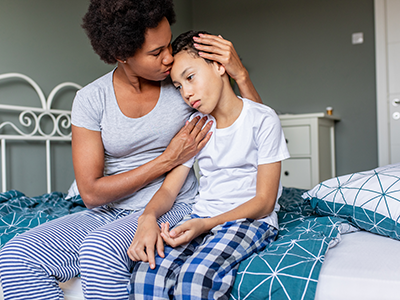
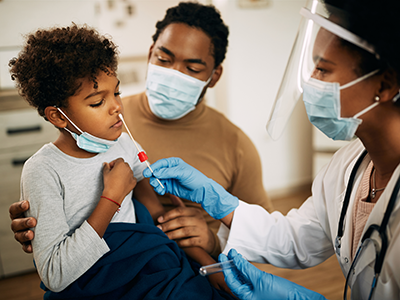
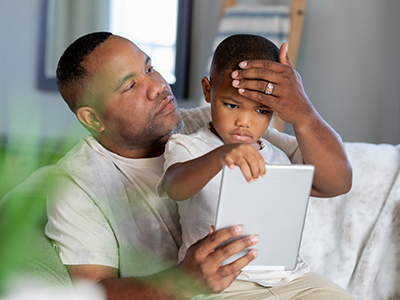

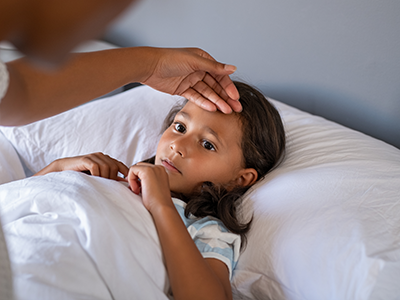
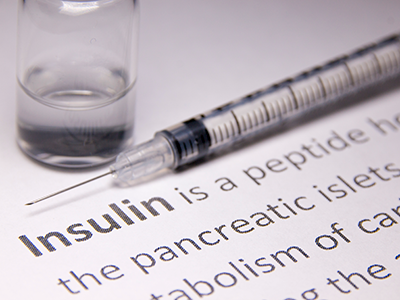
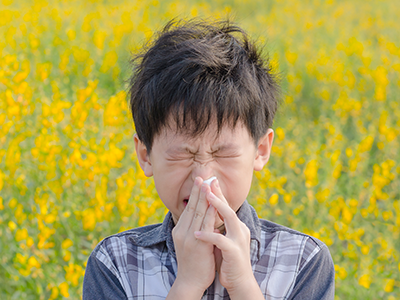
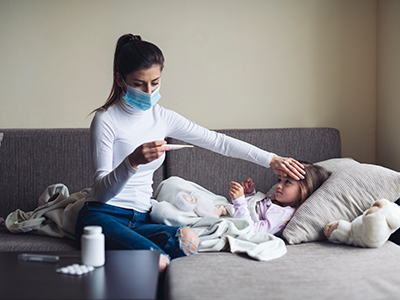

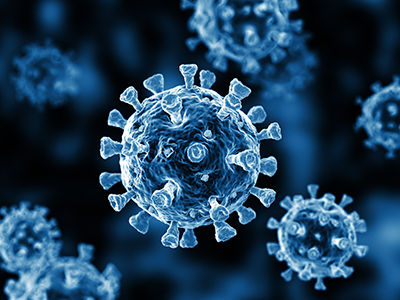


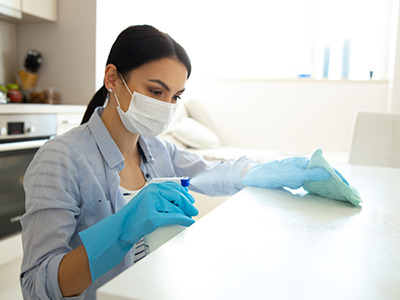
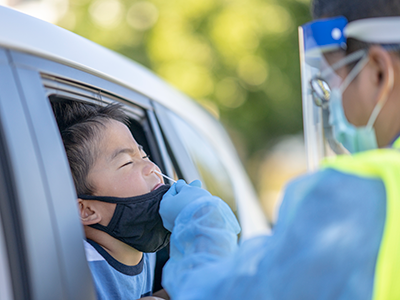
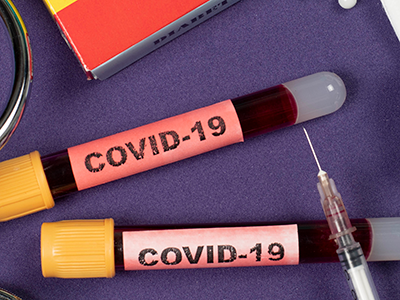
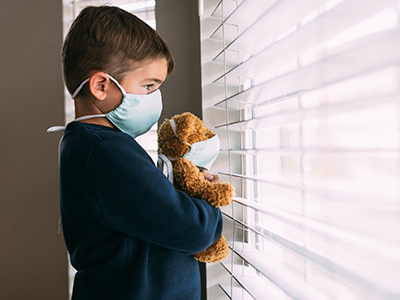
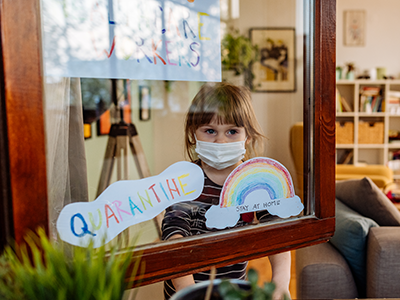
Leave a Comment
Want to join the discussion?Feel free to contribute!